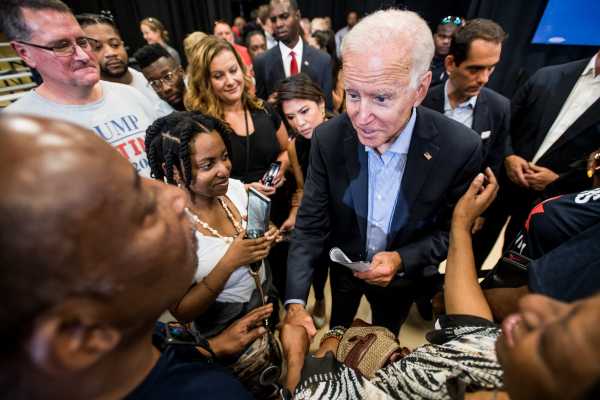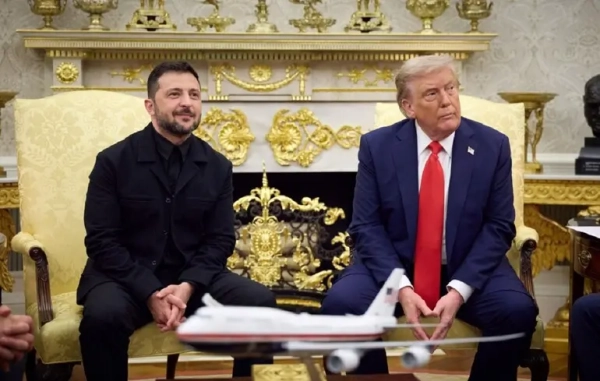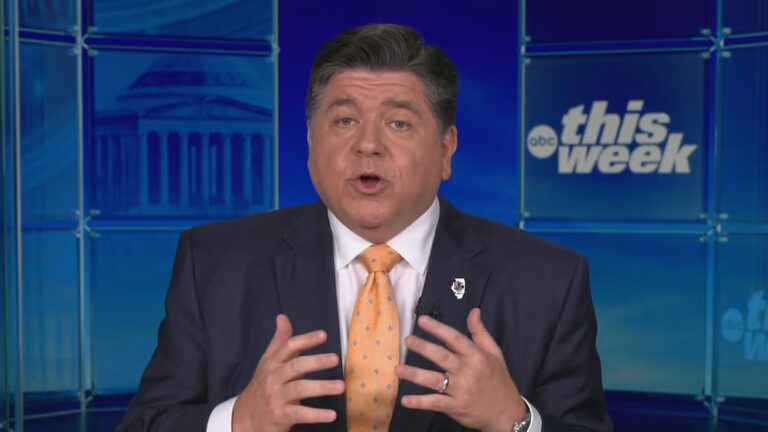
Former Vice President Joe Biden says voters shouldn’t focus on the “details” of what he’s saying on the campaign trail.
After coming under scrutiny for telling a false war story, one that the Washington Post’s Matt Viser and Greg Jaffe reported conflates several different incidents into one, Biden responded “the details are irrelevant in terms of decision-making,” in an interview with National Public Radio. “It’s irrelevant to the point” of the story, Biden said.
“That has nothing to do with judgment of whether or not you send troops to war, the judgment of whether you bring someone home, the judgment of whether you decide on a health care policy,” Biden said on the NPR Politics podcast and Iowa Public Radio.
The comment comes as Biden, the clear frontrunner in the Democratic presidential primary, has had to answer for his well-established habit of saying things that are inaccurate, controversial, or need clarification.
Biden’s central campaign message is that he wants to ”restore the soul of this nation”; he’s made the darkest moments of Donald Trump’s presidency, from Trump’s failure to denounce the violent rally in Charlottesville, Virginia, to his anti-immigrant rhetoric that seemingly emboldened the mass shooter in El Paso, Texas, the center of his presidential campaign. In some of his biggest campaign speeches, Biden says “the words of a president matter.”
“They can move markets,” Biden said in an Iowa speech in Iowa. “They can send our brave men and women to war. They can bring peace. They can calm a nation in turmoil. They can console and comfort in times of tragedy. … And they can unleash the deepest, darkest forces in this nation. That is what Donald Trump has chosen to do.”
But when it comes to his own verbal slip-ups, Biden is asking voters to look past the specific wording and focus on his overall message.
Biden has had a lot of gaffes and he doesn’t want them to matter
Biden’s unscripted, off-the-cuff flubs are a big part of his political persona — core to his Uncle Joe moniker. He has a long history of gaffes.
In his short-lived 2008 presidential campaign, Biden famously called Barack Obama “the first mainstream African American who is articulate and bright and clean and a nice-looking guy.” Biden later apologized before becoming Obama’s running mate. There was the hot-mic moment in 2010 when he called the Affordable Care Act a “Big Fucking Deal.” In 2012, Biden told an audience of mostly black voters that the Republican Party would “put them in chains.”
It’s continued in 2019: There was the time he waxed nostalgic about working with segregationist senators during his early days in the Senate, which California Sen. Kamala Harris weaponized against him in the first Democratic debate — one of the few times he saw a dip in the polls.
Biden has repeatedly referred to former British Prime Minister Theresa May as the late Margaret Thatcher, mixed up co-payments and deductibles when he explains his health plan. He said he met with school shooting survivors from Parkland, Florida, as vice president, though the shooting happened in 2018, well after Biden left office. After the recent mass shootings in El Paso, Texas, and Dayton, Ohio, Biden appeared to mix up those locations, before he caught himself.
The big difference now is that Biden is the frontrunner for the Democratic nomination for president, with each misspeak front and center. Biden’s campaign has chalked it up to a press hungry for a juicy headline, pointing out that their candidate is still winning. Biden himself has attributed the coverage of his gaffes to his frontrunner status.
So far, the remarks haven’t sunk him in the polls. He has sat somewhat comfortably in the lead, 10 points ahead of the rest of the field in the polling average. But there have some recent polls have shown the primary looking increasingly like a three-way race between him, Sen. Bernie Sanders, and Sen. Elizabeth Warren.
For now, it seems Biden will still have to answer for his gaffes.
Sourse: vox.com






